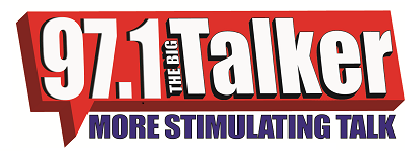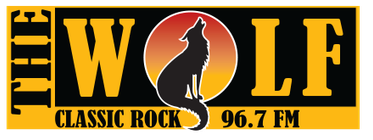A reverse mortgage is a good way to access the equity in your home. It is also a very valuable means of supplementing retirement income in later years. The key to making sure that you get the most out of this valuable resource is to use it the right way. This blog will look at the main ways that reverse mortgages are used and how they can be used in the right way
If you are eligible for a reverse mortgage, here is how you can leverage it to downsize and build wealth at the same time.
- Take the equity out of your primary residence to buy a smaller property for you to move in (downsizing).
- Then rent out your bigger house and earn rental income to increase your cash flow.
- Work with a licensed mortgage broker who is experienced on reverse mortgages, such as Jermaine Hinds, for more details.
What Is A Reverse Mortgage?
Reverse mortgages in Canada can benefit those who are 55 years old and above. They provide seniors with extra money each month, and they do not have to worry about paying back any mortgage loan. However, borrowers should take a number of things into consideration before applying for a reverse mortgage. They should do their research, weigh the pros and cons of their reverse mortgage loan, and make sure that they can afford the payments every month. They should also check with their accountant to see if there are any penalties or restrictions that could affect their wealth management plan.
One benefit is that reverse mortgages do not require a large down payment. This is not surprising since they are basically a loan based on the equity accumulated in your home. A reverse mortgage also provides homeowners with a tax break. The reason is that a reverse mortgage allows you to deduct a certain amount of interest from the proceeds of your loan. While these loans are generally tax-free.
Another benefit of a reverse mortgage is that they give you flexibility. This is because it’s not a home improvement loan and you can use the fund for any purpose you wish. Another advantage is that you are borrowing against the equity in your home that is usually increasing year-to-year. The only limit is the amount you can borrow, and there are usually no penalties involved. Also, you will never borrow more than the available equity in your home, so you be exposed to the risk of losing your home.
One disadvantage of a reverse mortgage is, just like any other mortgage loan, you are expected to continue paying the property taxes, home insurance, and other costs for the property upkeep.
What Are The Pros And Cons Of Reverse Mortgages?
If you think a reverse mortgage is a good idea now, talk with a mortgage broker A reverse mortgage can be a good idea only if have at least 35% equity in the house. In the reverse mortgage scenario, the lender is NOT the one who owns your home and you will continue to be the owner of your home. The good thing about this scenario is that you have access to funds from the equity in your home without having to qualify for a conventional mortgage loan that assesses based on the borrower’s annual income to determine affordability.
Regardless of your reasons for taking out a reverse mortgage, it is a bad idea if you do not reinvest the equity into at least one income-generating property. When comparing reverse mortgage loans from different lenders, look for their lending requirements and payout options to make sure they fit your lifestyle and long-term plan.
With reverse mortgages, borrowers will never borrow more than they can afford because the banks have special provisions that allow a maximum of 65% of the property value to be distributed as a mortgage. If you have more equity over time due to market appreciation, you can re-qualify for more loans with the reverse mortgage.
Should I Take Out A Reverse Mortgage?
While a reverse mortgage can provide the homeowner with additional cash in retirement, there are some drawbacks to this option. One drawback is that the additional cash may not be used to reduce the principal balance on the mortgage; this is why many homeowners age 55 or over, use the equity in their home as their source of additional funds to invest in an income-generating asset.
There are some instances for building generational wealth in which reverse mortgages make sense. If the equity in your home is higher than what you owe on it, you may consider taking out a reverse mortgage and investing in at least one income-generating asset. With the income from the other assets, borrowers can use the fund for their lifestyle or invest in more income-generating assets. Thus, creating compounding growth for generational wealth.
These are some things to consider when it comes to reverse mortgages. You should talk to a mortgage broker for unbias advice about whether or not you should take out a reverse mortgage on your home.
A licensed mortgage broker in Scarborough
Learn more from the previous press release: https://hindsmortgages.ca/scarborough-mortgage-broker/#media-room-article/96250-mortgage-options-for-new-immigrants-to-canada-in-2021
About Jermaine Hinds, Mortgage Broker:
Mr. Jermaine Hinds is a licensed mortgage broker with years of experience in the industry. He has a broad network that offers clients more than 100 different lending partners who are ready to offer various mortgage solutions, including home equity loans, bridge loans, and other specialized mortgages products. His mortgage license is powered by Matrix Mortgage Global (Brokerage Lic. #11108) in Scarborough, Ontario. Those who would like more information about this topic, please call Jermaine Hinds at (647) 998-2767 or Jermaine@mmgb.ca
About Matrix Mortgage Global - Jermaine Hinds | Mortgage Broker in Scarborough:
Matrix Mortgage Global is a Canadian mortgage brokerage that has been awarded 4X Broker Of The Year in 2018, 2019, 2020, and 2021.



























